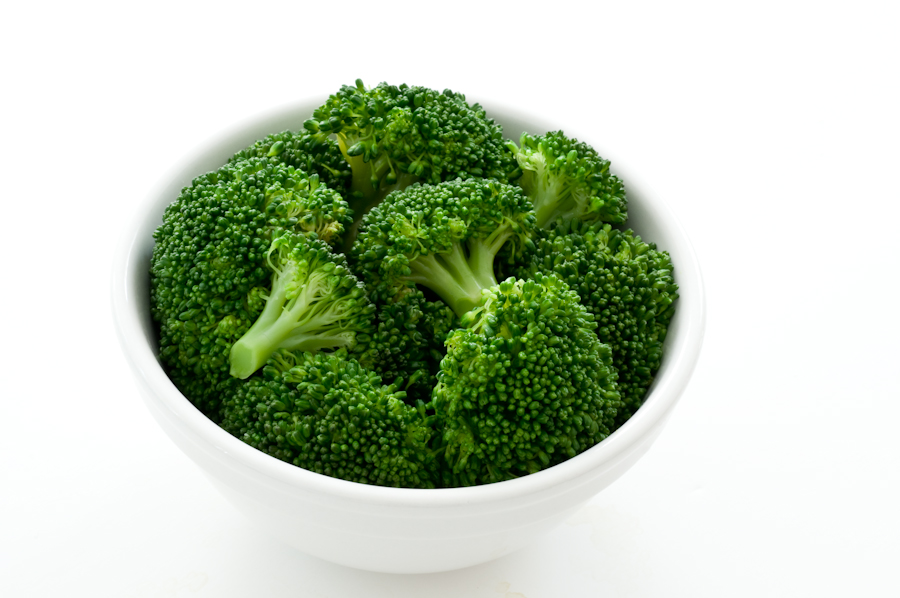*Today’s blog photograph was styled by Deboarah Ginsburg of Strategia Design.
Homemade baby food is nothing new. Parents have been mashing and pureeing meals at home for quite some time, and we posted about it several months ago. It seems the popularity of homemade baby food has grown in recent years, thanks in part to more families desiring to cook and eat at home. The economy may also play a role, since the cost savings with homemade food is a definite bonus. Most of all, many parents are concerned about health, and the ways in which feeding their children (not only what, but how) may have a longer term impact.
There’s no guilt here, however. Our philosophy always returns to balance, and that holds true for how parents choose to feed their children. As with other parenting decisions, feeding your child homemade food involves thought. It may not be feasible for all parents, and that’s OK. We wanted to discuss the idea and hear from our readers on the topic.
Creating quality homemade baby food is quite simple, and the benefits are many. Once a system is in place, feeding baby purees from fresh ingredients is rewarding and fun. A blender or food processor serves as the main piece of equipment, and several types of containers can be used for freezing. For interested parents, various web resources and cookbooks exist, but only a small handful focus solely on feeding baby. It’s even harder to find a book addressing the additional questions and concerns about creating homemade food such as how to start and food safety.
Just in time to inspire scores of parents, is the new release “Baby Love” by husband and wife team Norah O’Donnell and Chef Geoff Tracy. They are the highly encouraging parents of 3 young children, and reason that, when it comes to homemade baby food, if they can do it, so can you. As a busy family – mom’s an NBC/MSNBC correspondent and dad owns five restaurants (!) – they’ve made a commitment to provide quality, homemade food with a fast and efficient system. The devotion of O’Donnell and Tracy is clear: they want healthy, delicious food for their family.
The system they use and discuss in the book is incredibly easy, paving the way for limitless creative options. They offer simple starters – aptly named “perfectly basic” – that can become more complex with differing combinations as your child grows. Beyond the recipes, the chapter on kitchen basics is also helpful. For parents who feel intimidated in the kitchen, Chef Geoff offers tips and encouragement to get started. The nutrition information provided in the book is also basic, but beneficial enough to reinforce the value of including plenty of fruits and vegetables in your baby or toddler’s diet.
One piece that receives little attention in the book is food allergies. Clearly that was not the focus of their book, and information about allergies can be found elsewhere. However, it is worth mentioning that using a wait time – 3 days is commonly suggested – between introducing new foods to baby allows parents to monitor for potential allergic reactions. This is particularly helpful for families with a history of food allergies.
If you or someone you know is considering homemade baby food, “baby love” is a helpful place to start. It may feel too basic for some, but could serve as inspiration nonetheless.
Check out the Washington Post article about the book.
Do you make baby food at home? What are some of your and baby’s favorites?


Baby Love sounds like the perfect gift for a new mom, and I meet lots of those! Thanks for the review.